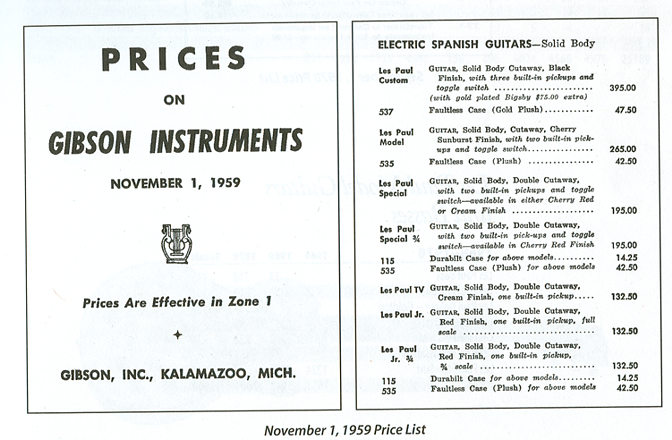I have been playing guitar since I was 14, I am 26, about to be 27 now.
I was going to purchase a Ibanez Steve Vai "JEM" Model in 2006, while I was in High school. I still remember to this day, it was listed at 1,799$ in ***************s catalog.
I had the 2000$ ~ cash sitting in my room, funny, once I got the money, it was so much for me at the time, that I did NOT end up purchasing the guitar ( sad I know).
I remember back then, Ibanez was still transitioning their "Prestige" line and selling all the old RG550s/RG570s, where where 500$ guitars at that time.
ESP had just released again the MII series made in USA line, and that was 999$ on drumcityguitarland.
I look now, and the white JEM is 2,999$. The ESP MII"s are 1,600$ and Ibanez transisitoned its main line to be dubbed "prestige" i.e. 1570's/1550's, 2570,2550 are apparently now the "RG655" and that is 1,100$ guitar.
I can keep going on the list, since I purchased Jackson guitars, like the KE3 and many other models from other manufacturers.
WHAT THE HELL HAPPENED? Is it a sign of the economy of the US? or did something cause inflation of guitar prices?
I KNOW I am not the only one who noticed this ****.
I was going to purchase a Ibanez Steve Vai "JEM" Model in 2006, while I was in High school. I still remember to this day, it was listed at 1,799$ in ***************s catalog.
I had the 2000$ ~ cash sitting in my room, funny, once I got the money, it was so much for me at the time, that I did NOT end up purchasing the guitar ( sad I know).
I remember back then, Ibanez was still transitioning their "Prestige" line and selling all the old RG550s/RG570s, where where 500$ guitars at that time.
ESP had just released again the MII series made in USA line, and that was 999$ on drumcityguitarland.
I look now, and the white JEM is 2,999$. The ESP MII"s are 1,600$ and Ibanez transisitoned its main line to be dubbed "prestige" i.e. 1570's/1550's, 2570,2550 are apparently now the "RG655" and that is 1,100$ guitar.
I can keep going on the list, since I purchased Jackson guitars, like the KE3 and many other models from other manufacturers.
WHAT THE HELL HAPPENED? Is it a sign of the economy of the US? or did something cause inflation of guitar prices?
I KNOW I am not the only one who noticed this ****.





